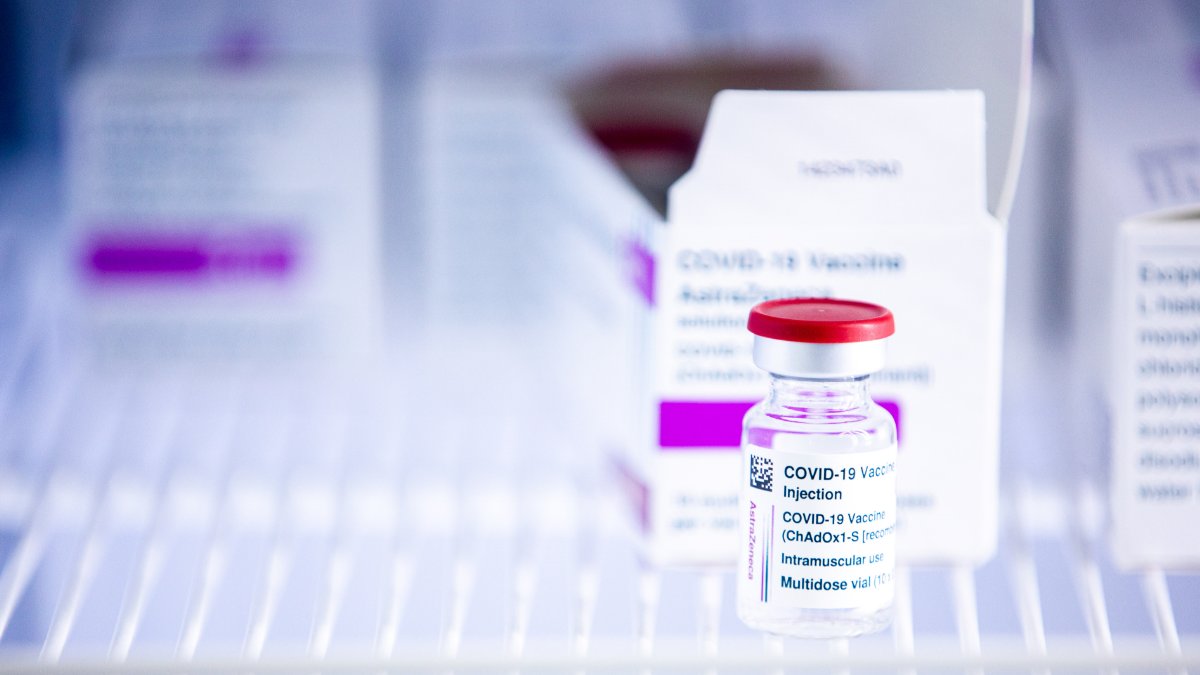EMA review finds AZ COVID-19 vaccine “safe and effective”

An EMA advisory committee’s review of AstraZeneca’s COVID-19 has concluded that there is no increase in the overall risk of blood clots with this vaccine.
The chair of the Pharmacovigilance Risk Assessment Committee (PRAC), Dr Sabine Straus, told a press briefing today that the vaccine “is safe and effective and its benefits continue to be far greater than its risks.”
She added: “There is no evidence of a quality or a batch issue,” in response to speculation that some reports of blood clots might be linked to manufacturing deficiencies. And because the vaccine is effective in preventing COVID-19 disease – which in itself is a cause of blood clots – it “likely reduces the risk of thrombotic events overall.”
https://twitter.com/EMA_News/status/1372588755085840388
The verdict from the PRAC came shortly after the UK Medicines and Healthcare products Regulatory Agency (MHRA) concluded its review of the AZ vaccine, which also found on evidence that the vaccine causes blood clots, and that that the benefits of the vaccine in preventing COVID-19 far outweigh the risks.
“When you vaccinate millions of people it is inevitable that rare or serious…illnesses will occur in the time immediately following vaccination,” said EMA executive director Emer Cooke.
She wouldn’t comment directly on the decisions taken by EU member states to suspend dosing with the AZ vaccine on the basis of the precautionary principle, saying that was a matter for national authorities.
However, Cooke did say that with 2,500 people in the EU losing their lives to COVID-19 in one day last week “we have vaccines that are safe and effective and we need to use them.”
Investigations still ongoing
The EMA and MHRA are continuing investigations into reports of a specific types of thrombosis syndromes called cerebral venous sinus thrombosis (CVST) and disseminated intravascular coagulation (DIC), which have been seen in people with thrombocytopenia (low platelet counts).
Both events are rare – with 18 cases of CSVT and seven of DIC out of more than 20m vaccinated people as of yesterday – and at the moment seem to be occurring no more frequently in vaccinated people than in the general population.
Straus noted that there are 100,000 cases of thrombosis-related conditions every month in the EU, and while reports are coming in on blood clots occurring for all COVID-9 vaccines, the rates are below the normal background level.
Nevertheless, it is important that healthcare workers and the public are aware of what to look out for with regards to thrombosis, as a precaution. PRAC has advised add a warning to the information about the vaccine, and is planning to send out a ‘dear doctor’ letter to draw attention to possible symptoms that could indicate a problem with clotting.
The MHRA has taken a similar stance, advising that if patients experience a headache lasting more than four days after vaccination they should seek medical advice, as should anyone with unusual bruising patterns.
“If it was me, I would be vaccinated tomorrow,” said Cooke. “But I would also want to know if anything happened to me after vaccination what I should do about it, and that’s what we are saying today.”
MHRA chief executive June Raine said the agency is closely monitoring the situation and people should have the vaccine when they are offered one.
Further evaluation into the thrombosis cases is planned, according to Dr Peter Arlett, head of the data analytics and methods task force at the EMA.
That includes epidemiological studies based on real-world date, as well as laboratory tests to see if there is any patient characteristics that could point to a possible mechanism behind any thrombotic side effect.
PRAC meanwhile says is also looking into reports of cases of immune thrombocytopenia (ITP) with vaccines available in the US.












